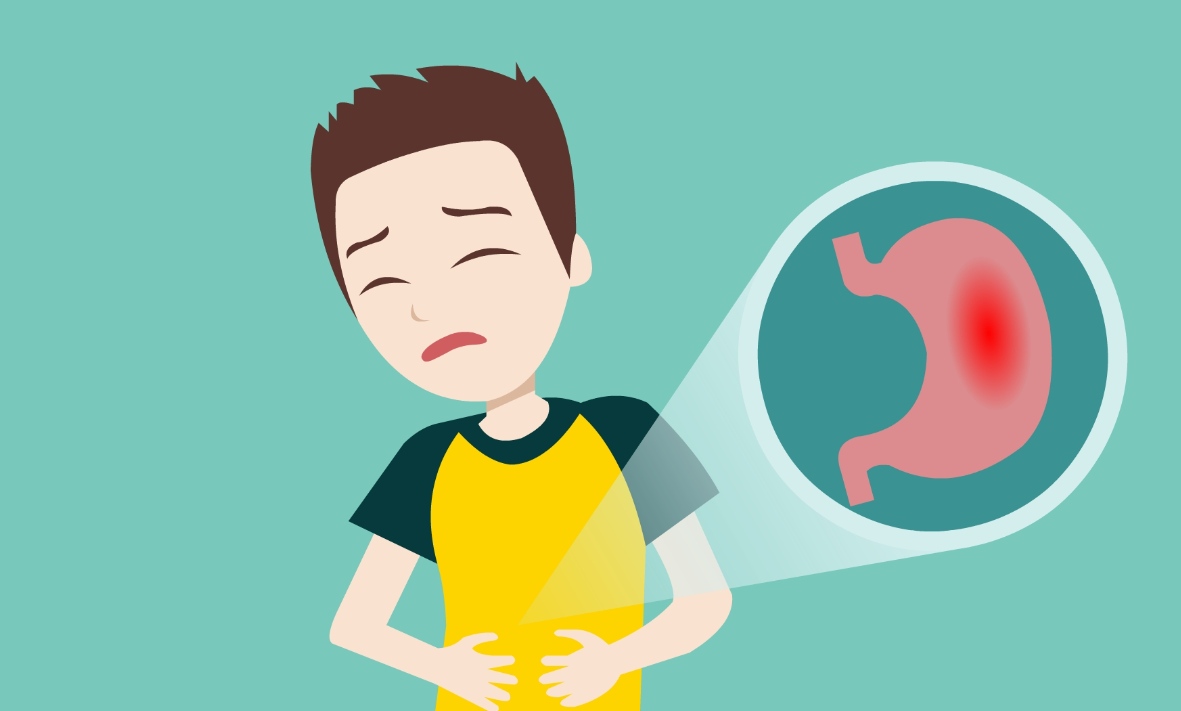
It doesn't look good. Could it be body worry disorder
Often encounter a class of patients, inexplicably appear dizzy headache, palpitation chest tightness, stomach distension discomfort, frequent urination urgent, body pain and other symptoms.
Running to major hospitals, even if the relevant examinations were done, they all indicated that no obvious abnormalities were found, or although there were abnormalities, the severity of symptoms was not parallel to the clinical manifestations.
At this time, the doctor may tell you that "no disease" or "difficult disease".
Because the cause can not be found, the patient thinks that he has a "strange disease", and the family can not understand that the patient is "faking".For this reason, patients are more painful, symptoms are more serious, and work, life and even social functions will also have a certain impact.
When this happens, it's time to consider body worry disorder.
The symptoms of patients with somatic anxiety disorder are not based on verifiable organic changes, or although there is a certain physical disease, the severity of the disease is not commensurate with the severity of the patient's symptoms, and the patient feels pain and impotence.
Many patients treat somatic anxiety disorder as a physical disease.
As a result, I went to many hospitals and saw many doctors, but the efficacy was not good, not only wasting medical resources, but also losing confidence in treatment.
For the treatment of somatic anxiety disorder, in addition to focusing on the improvement of physical discomfort symptoms, but also consider the psychological level.
Treatment needs to start from many aspects: first, drug treatment, including anti-depression, anti-anxiety drugs and TCM syndrome differentiation,
This is followed by psychotherapy, including supportive psychotherapy and cognitive behavioral therapy.
In addition, physiotherapy, including transcranial magnetic stimulation therapy and traditional Chinese medicine therapy, can achieve better curative effect through a multi-pronged approach.
Ocessive depression is a kind of atypical depression, which refers to the depression symptoms are subconsciously "hidden" by the patient, but often with pain and discomfort and other physical symptoms as the main manifestation.
It can be seen in all ages, especially in middle-aged and elderly women, which is not easy to be found by patients and doctors, and the misdiagnosis rate is high.
According to reports, latent depression accounts for 10% to 30% of depression, and patients have obvious physical symptoms: digestive symptoms are manifested as nausea, vomiting, abdominal distension, abdominal pain, diarrhea, etc.
The symptoms of cardiovascular system were palpitation, chest tightness and so on.
A variety of unexplained pain is also common, such as shoulder pain, back pain, muscle aches and so on.

